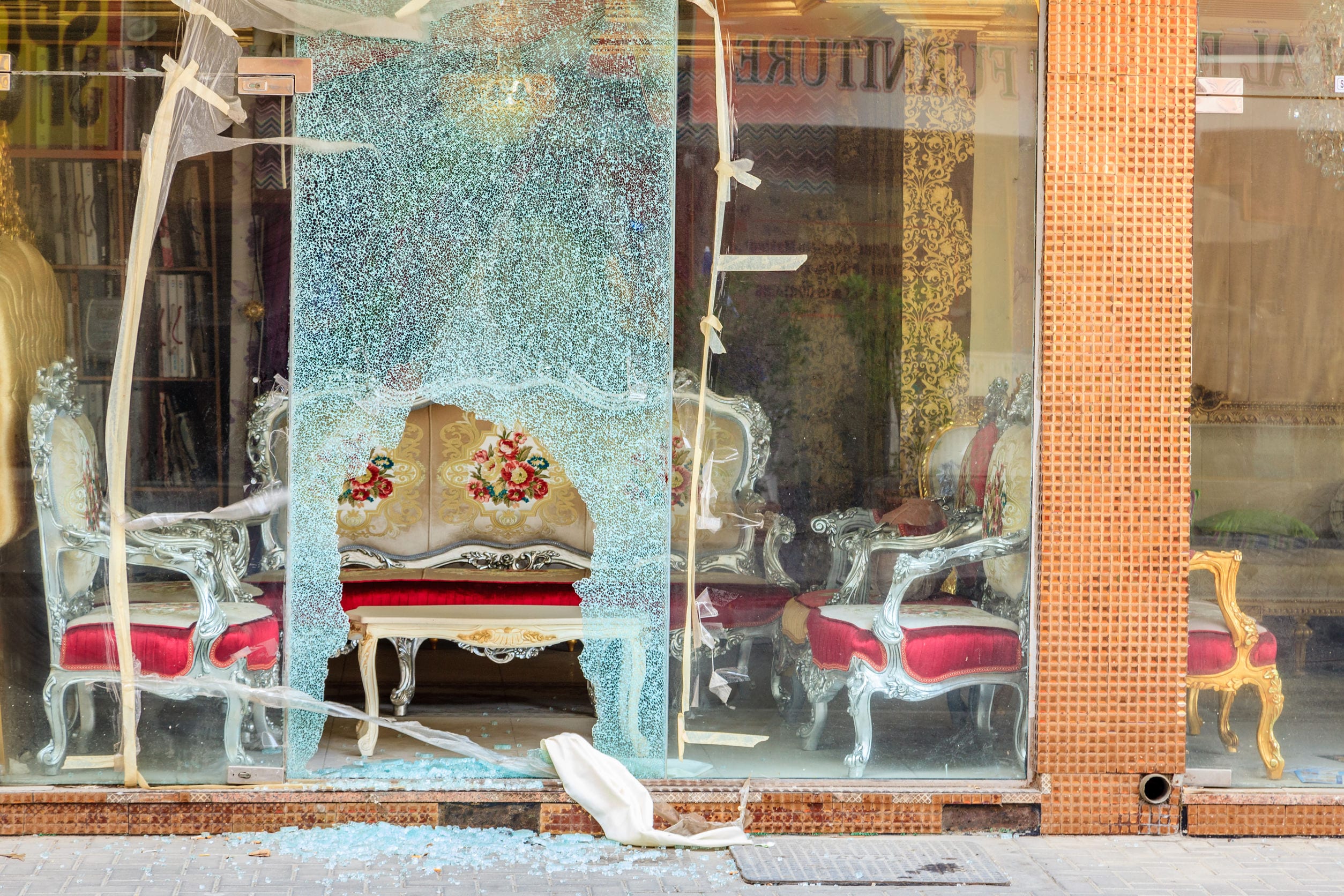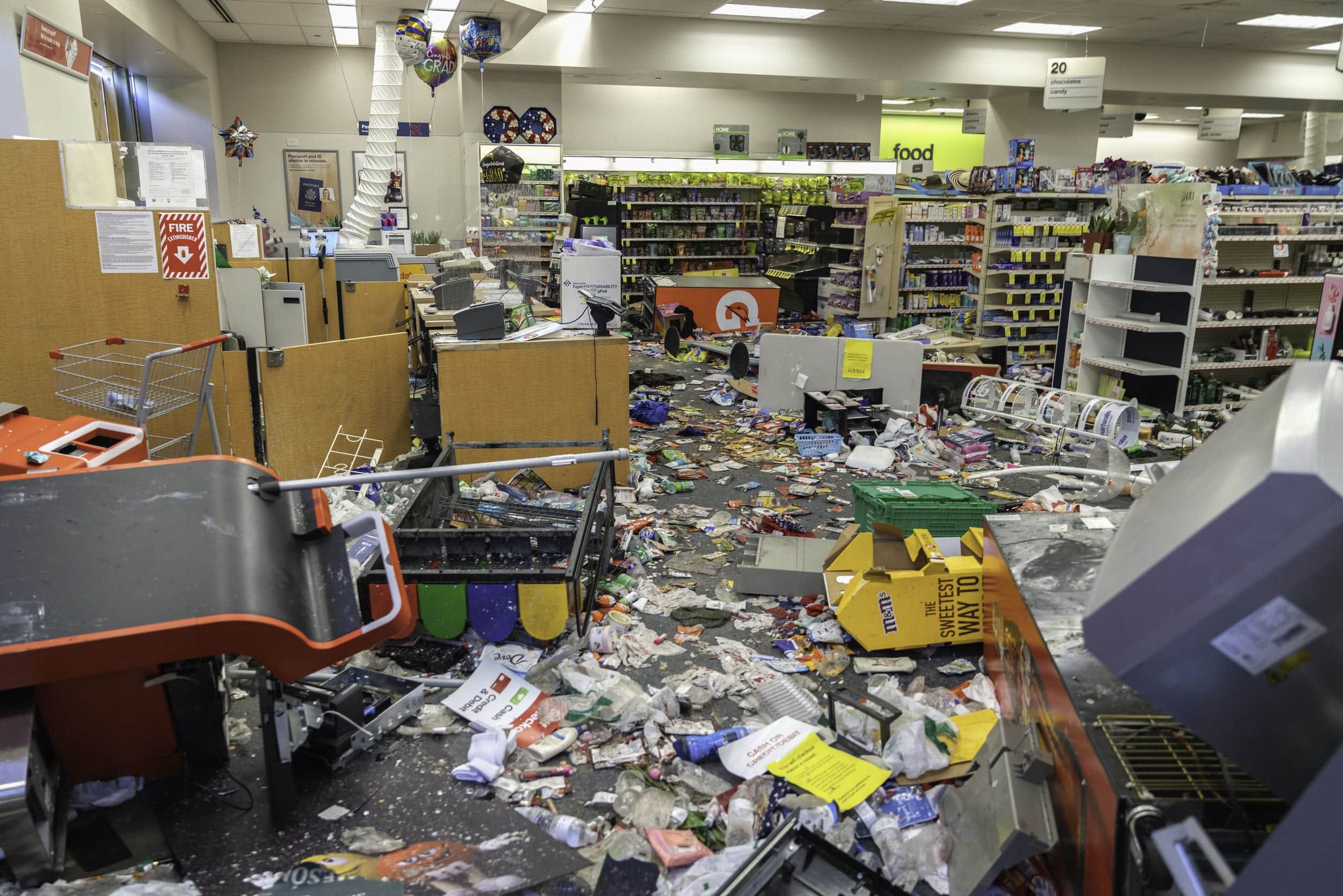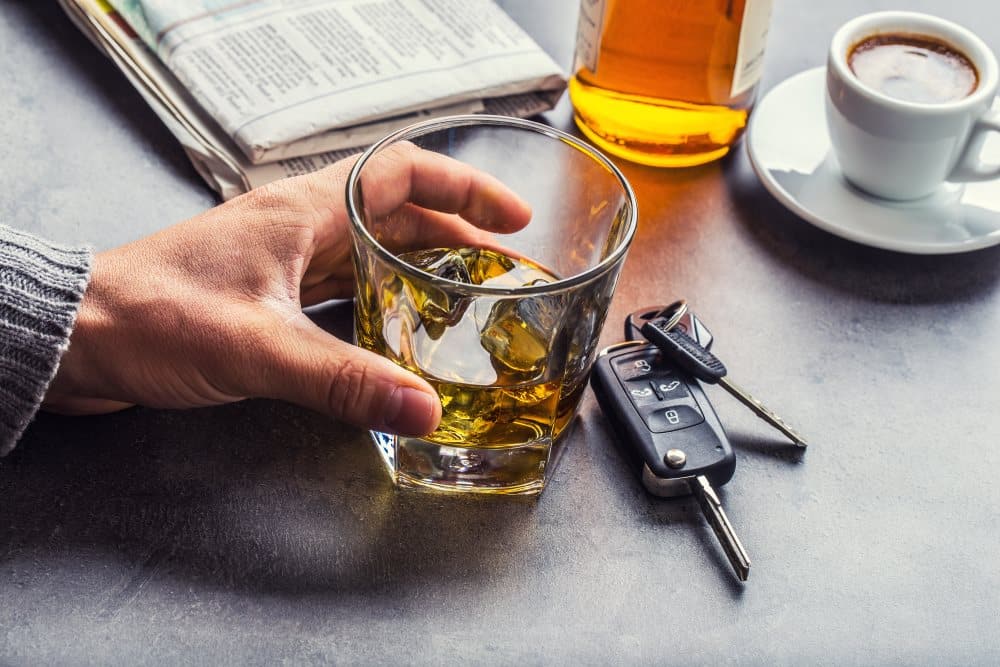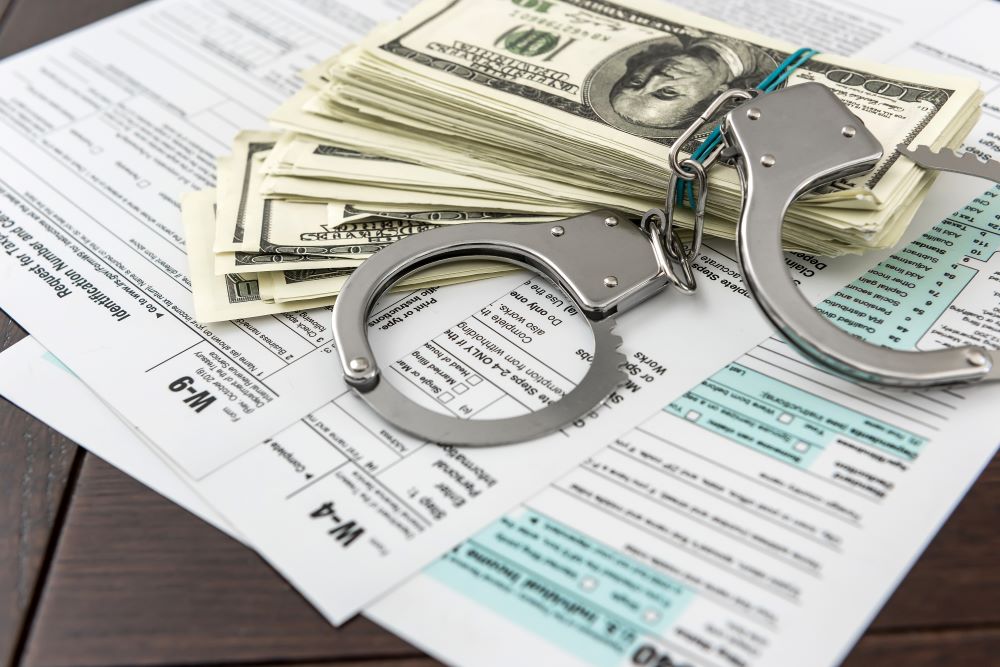- Home
- THE FIRM+
- Criminal Defense+
- CASE RESULTS
- AREAS WE SERVE+
- FAQ’s
- Blog
- Contact
AZHARI LLC BLOG

Posted By: Sami Azhari
Category:
Looting seems to be a big issue after disasters – both natural and man-made.
With protests popping up across the nation, including in Illinois, some people are taking things beyond protesting and crossing over into looting.
However, if you’re arrested and charged with looting in Illinois, then you can face some stiff penalties. That’s because looting isn’t simply theft in Illinois. Under our laws, it’s considered more serious.
If you or a loved one are charged with looting, then here’s what you can expect and the penalties you may face.
What Exactly Is Looting According to IL Law?
In many states, looting is akin to stealing and is charged much the same. Here in Illinois, however, looting is an offense all its own with very specific penalties.
Looting is defined by Illinois law as a crime where someone enters an industrial building, commercial building, or home of another that is unsecured due to a natural disaster such as a tornado, mob, riot, or other human agency – basically any time there is declared an official state of emergency. Not only does the perpetrator enter the property without consent, but once there removes the property of the owner without permission.
The Penalties of Looting in Illinois
In Illinois, looting carries with it the penalty of a Class 4 felony. This is the least serious level of felony in Illinois, but it still can result in severe consequences.
If convicted of a Class 4 felony in Illinois, you face up to three years in prison and fines up to $25,000. For looting specifically, you can be required to complete a minimum of 100 hours of community service and pay restitution to the victim.
It’s essential to find representation if you are accused of looting in Illinois so the details of your case can be reviewed and a proper defense can be mounted.
Looting Defenses Illinois Lawyers Utilize
Looting is a crime that takes place under unusual circumstances. That can make it difficult to prove in court and there are a few common defenses employed to argue against the guilt of the perpetrator. A few of these include:
- A reasonable explanation of looting, such as necessity during a natural disaster
- Proving a case of mistaken identity — either you were not the looter or you were given permission to take items from a property but the arresting officer was not aware of that
- Proving police did not follow due process
- Providing evidence in court that the defendant did not intend to loot
- Providing evidence that the actions were taken under duress and that someone was threatening the defendant to engage in looting
Is It Ever Legal to Loot in Illinois?
One of the defenses for looting we included above is the idea that sometimes looting occurs out of necessity during a state of emergency. What necessity means is that water, clothing, shelter, food, or medication that is needed to survive is reasonable to take. If someone loots in order to protect themselves or others from serious bodily harm or injury, then that is defined as a necessity.
However, a person must not have created the situation in which they are forced to loot. They must be a victim of a natural disaster in order for that defense to hold up in the court of law.
To put it plainly: looting is never “legal,” and the defense of the necessity of looting for survival is a narrow one.
What You Can Do If Charged in IL
It is not illegal to peacefully protest, and completely understandable why so many feel the need to do so right now. Looting and protesting, however, are not the same thing.
Looting charges and convictions are serious, following you for years even after the sentence has been served. Understand what is allowed and what isn’t under the law so you can avoid looting charges — and if you do find yourself charged, start planning your defense immediately.
About the Author
Sami Azhari has been working as a lawyer since 2007, after receiving his Juris Doctor from the Michigan State University College of Law. He has handled numerous state and federal cases, and is known throughout the Chicago and Rolling Meadows area for providing his clients with high-quality, skilled representation. He has been recognized by Avvo (2013 and 2018), SuperLawyers (2015-2020), The National Trial Lawyers, and other notable organizations, and has spoken at a number of legal conferences.


























































